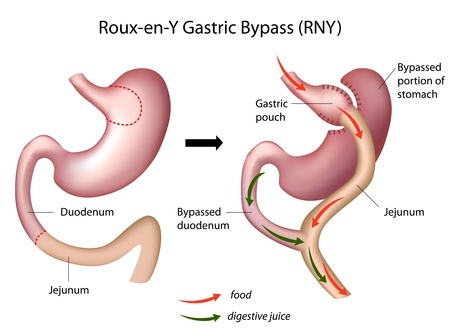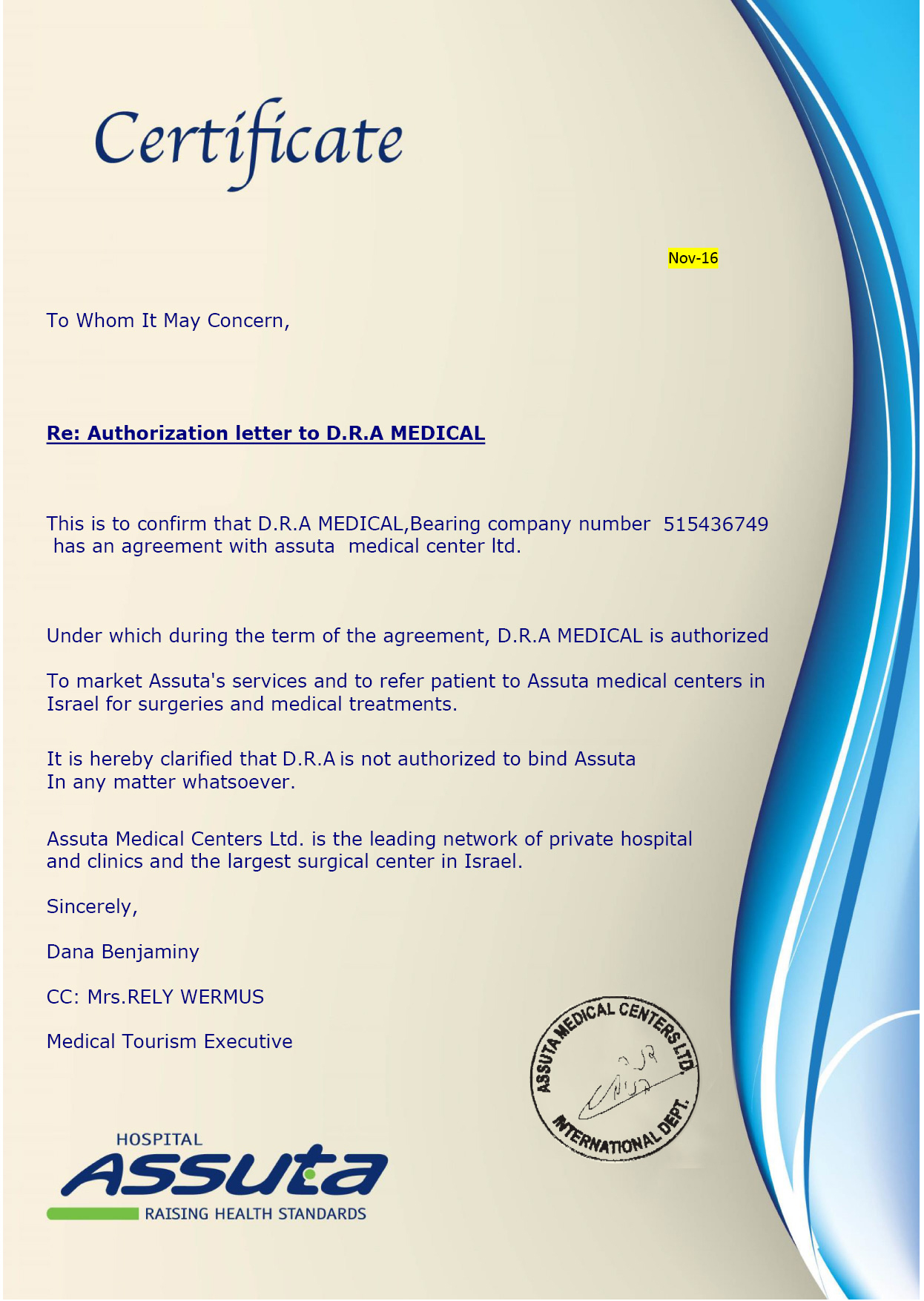Introduction and Definition
Obesity is one of the biggest risk factors for many serious health conditions. Heart attacks, diabetes, GERD and sleep apnea can all be caused or affected by it. For individuals who are severely overweight and have not been able to lose weight through dietary changes and exercise, bariatric surgery may be the best solution. However, this procedure is not the right option for everyone, because it requires a lifelong commitment to changing your diet. This guide will help you understand more about bariatric surgery, including who is a good candidate and how your life changes afterwards.
Is Bariatric Surgery Right for You?
Bariatric Surgery is probably right for you if you meet the following criteria:
- Your body mass index (BMI) is greater than 40.
- Your BMI is over 35 and you have health problems relating to obesity that could improve if you lost weight.
- You can demonstrate that you have tried traditional weight loss methods, like diet and exercise, and they have not worked or not enabled you to lose enough weight.
- You are prepared to make and commit to permanent lifestyle changes after your surgery.
- You comprehend all the risks and benefits of having bariatric surgery.
The Bariatric Surgery Procedure
Nearly 80 percent of all weight loss surgeries performed is what is called ‘Roux-en-Y’ Gastric Bypass Surgery. Bariatric surgery has two parts: creating a small stomach pouch and the bypass itself. During the first part of the surgery, the surgeon divides your stomach into a large portion and a very small portion.The small part is sewn or stapled together (sometimes known as stomach stapling) to create a small pouch. This pouch is only able to hold about a cup of food. This small stomach means that you feel full much faster and eat far less.
During the bypass, this newly-created small stomach pouch is detached from the first section of your small intestine (the duodenum). Then the surgeon will reconnect the stomach to an area of the intestine that is slightly further down from that area (the jejunum). This technique is called a ‘roux-en-Y.’
After the procedure, food bypasses the duodenum and travels directly into the jejunum. This leads to reduction in the absorption of calories. Stomach stapling and gastric bypasses are usually performed together, and the surgery is called a ‘roux-en-Y gastric bypass.’

After Bariatric Surgery
After your gastric bypass surgery, you will stay in the hospital a few days. You can return to your regular activities within a few weeks. Your weight loss will begin quickly. On average, people who have bariatric surgery lose 61 percent of their excess weight afterwards. Most people do not experience any serious problems after the surgery; about 10 percent have some minor complications.The most common complications after weight loss surgery are constipation and gallstones. Although usually not harmful, gallstones may cause abdominal pain, nausea and vomiting, requiring surgery. About 15 -25 percent of people need their gallbladder removed after bariatric surgery.
Lifestyle changes are the biggest part of having weight loss surgery. Losing weight is not automatic once you have the surgery. You also have to make permanent dietary changes for it to be effective. Your stomach can only hold a small amount of food, so you will need to eat smaller, more frequent meals. Eating large meals will cause problems such as nausea, vomiting and diarrhea.
Serious malnutrition often occurs after weight loss surgery. You will also need a new approach to nutrition to make sure you do not suffer from lack of vitamins and minerals. A dietitian will help you create a plan. Also, people who have an exercise program after surgery will lose weight more easily and be less likely to regain weight, so talk with your doctor about an exercise routine.









